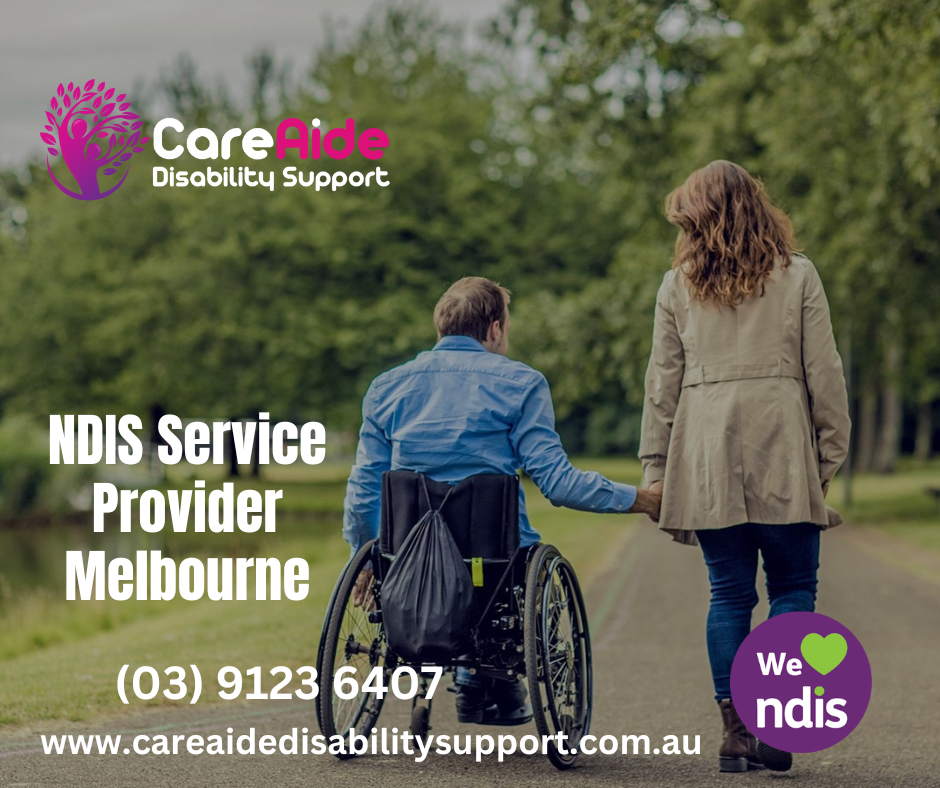
1. Understanding the NDIS Quality and Safeguarding Framework
Participants’ rights and well-being are protected by the NDIS Quality and Safeguarding Framework. Key elements of this framework include:
Provider Registration: NDIS providers must meet strict registration requirements, including adherence to quality and safety standards.
Complaints Mechanisms: The framework establishes clear mechanisms for participants to make complaints, ensuring their concerns are heard and addressed.
Incident Reporting: Providers are required to report incidents or allegations of abuse, neglect, or harm to participants, which are thoroughly investigated.
Code of Conduct: Providers must adhere to a Code of Conduct that sets out expectations for their behaviour and treatment of participants.
Worker Screening: NDIS workers must undergo rigorous screening and background checks to ensure they are suitable for working with vulnerable participants.
2. Choosing NDIS Providers
Participants can enhance their safety and the quality of their services by selecting NDIS provider Werribee service. NDIS providers have met the necessary standards and are held accountable for the quality of care they deliver. When choosing a provider:
Check the NDIS Provider Register: The NDIS website provides a register of all registered providers. Participants can verify a provider’s registration status on the NDIS website.
Ask for Recommendations: Seek recommendations and referrals from other participants, support coordinators, or healthcare professionals who have experience with the provider.
Review the Service Agreement: Carefully review the service agreement to understand what services will be provided, the costs involved, and the terms of the arrangement.
Ask Questions: Don’t hesitate to ask providers questions about their experience, qualifications, and how they plan to meet your specific needs.
3. The Importance of Informed Consent
Informed consent is a fundamental principle of ethical healthcare. It means that participants have the right to understand and agree to the services and interventions they receive. When granting informed consent:
Ask for Information: Request clear and concise information about any proposed services or treatments. Providers should describe the advantages, hazards, and choices.
Take Your Time: Don’t feel hurried into making conclusions. Take the time to consider your options and seek clarification if anything is unclear.
Involve Support Networks: If necessary, involve trusted family members, friends, or advocates to help you make informed decisions.
Voice Your Preferences: Make sure your preferences and choices are respected in the decision-making process. Providers should take your values and wishes into account.
4. Recognizing Signs of Quality Care
Participants should be able to recognize signs that they are receiving quality care. These signs may include:
Person-Centered Planning: Providers should involve you in developing your support plan, focusing on your goals, needs, and preferences.
Open Communication: Providers should encourage open and honest communication, actively listening to your concerns and feedback.
Regular Reviews: Support plans should be regularly reviewed and updated to reflect changes in your circumstances or goals.
Empowerment: Quality care empowers you to build skills, and independence, and achieve your goals.
5. Reporting Concerns and Seeking Resolution
If participants have concerns about the quality or safety of their disability support Werribee services, they should take action to address them:
Speak with the Provider: Participants should first discuss their concerns with the service provider. Providers are obligated to address complaints and resolve issues.
Contact the NDIS Commission: If concerns are not adequately addressed by the provider, participants can contact the NDIS Quality and Safeguards Commission, which can assist in resolving complaints.
Seek Advocacy Support: Advocacy services are available to help participants navigate the complaints process and ensure their rights are upheld.
6. Regularly Review Your Support Plan
As your needs and circumstances change, it’s essential to regularly review your NDIS support plan. This ensures that the services you receive continue to align with your goals and requirements. You can request a plan review through the NDIS.
Ensuring quality and safety in NDIS provider Werribee services is a shared responsibility between participants and providers. Participants should be proactive in understanding their rights, choosing registered providers, and advocating for their preferences and needs. The NDIS Quality and Safeguarding Framework provides a safety net, ensuring that participants’ concerns are addressed and that providers adhere to high standards of care. By staying informed and actively participating in their care, NDIS participants can make the most of the support available to them and achieve their goals with confidence.

Recent Comments